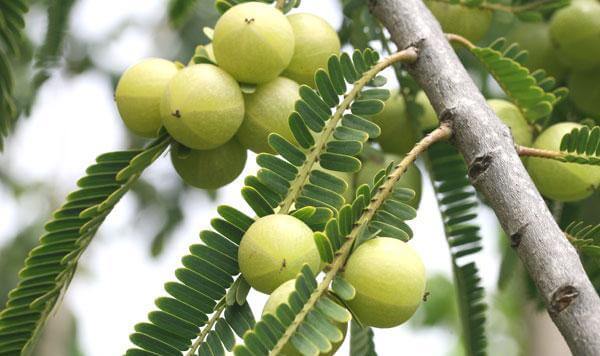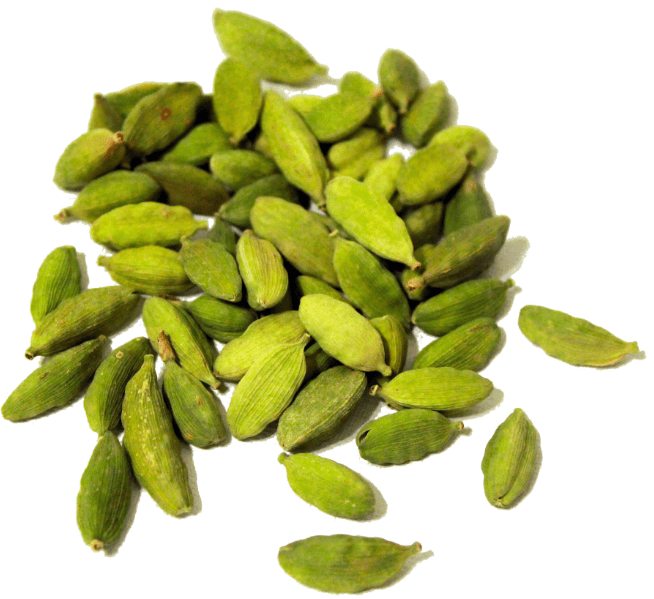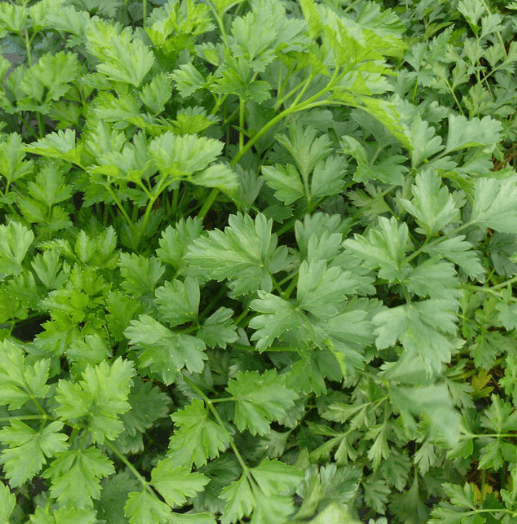Health benefits of Chives
Chives are very low in calories; 100 g of fresh leaves provide just 30 calories. Nonetheless, they contain many noteworthy flavonoid anti-oxidants, plant fiber, minerals, and vitamins that have proven health benefits.
As in scallions, they too contain more plant-derived dietary fiber than fellow allium members such as onions, shallots, leeks…etc. 100 g fresh leaves provide 2.5 g or 7% of daily-recommended levels of fiber.
Like other allium members, they too possess thio-sulfinites anti-oxidants. Thio-sufinites such as diallyl disulfide, diallyl trisulfide and allyl propyl disulfide convert to allicin by enzymatic reaction when its leaves disrupted (crushing, cutting, etc.).
Laboratory studies show that allicin reduces cholesterol production by inhibiting the HMG-CoA reductase enzyme in the liver cells. Further, it also found to have anti-bacterial, anti-viral, and anti-fungal activities.
Additionally, allicin also decreases blood vessel stiffness by releasing vasodilator compound, nitric oxide (NO); and, thereby, help brings a reduction in the total blood pressure. It blocks platelet clot formation besides having fibrinolytic (clot-removal) action in the blood vessels, which helps decrease an overall risk of coronary artery disease (CAD), peripheral vascular diseases (PVD), and stroke.
Chives surprisingly comprise more vitamin A than any other allium family member vegetables. 100 g of fresh leaves contain 4353 IU of vitamin-A or 145% of daily recommended levels. In addition, the green leaves contain other flavonoid-phenolic antioxidants such as carotenes, zea-xanthin, and lutein. Together, these compounds offer the human body protect from lung and oral cavity cancers.
They also have some other essential vitamins such as vitamin C, and K, in fact; chives are one of the richest sources of vitamin K, comparatively more than that of in scallions. 100 g of fresh greens provide 212.7 µg or about 177% of daily recommended intake of this vitamin.
Scientific studies suggest that vitamin K has a potential role in bone health by promoting osteotrophic (bone formation and strengthening) activity. Adequate vitamin-K levels in the diet help limiting neuronal damage in the brain; thus, has established role in the treatment of Alzheimer’s disease.
Fresh chives are rich source of folates. 100 g leaves provide 105 µg or 26% of DRI of folates. Folic acid is essential for DNA synthesis and cell division. Adequate folate levels in the diet during pregnancy may help prevent neural tube defects in the newborn babies.
Furthermore, the leaves are packed with other B-complex vitamins as well as some essential minerals such as copper, iron, manganese, zinc, and calcium. The leafy greens contain several vital vitamins such as pyridoxine, pantothenic acid, niacin, riboflavin, and thiamin in healthy proportions.




